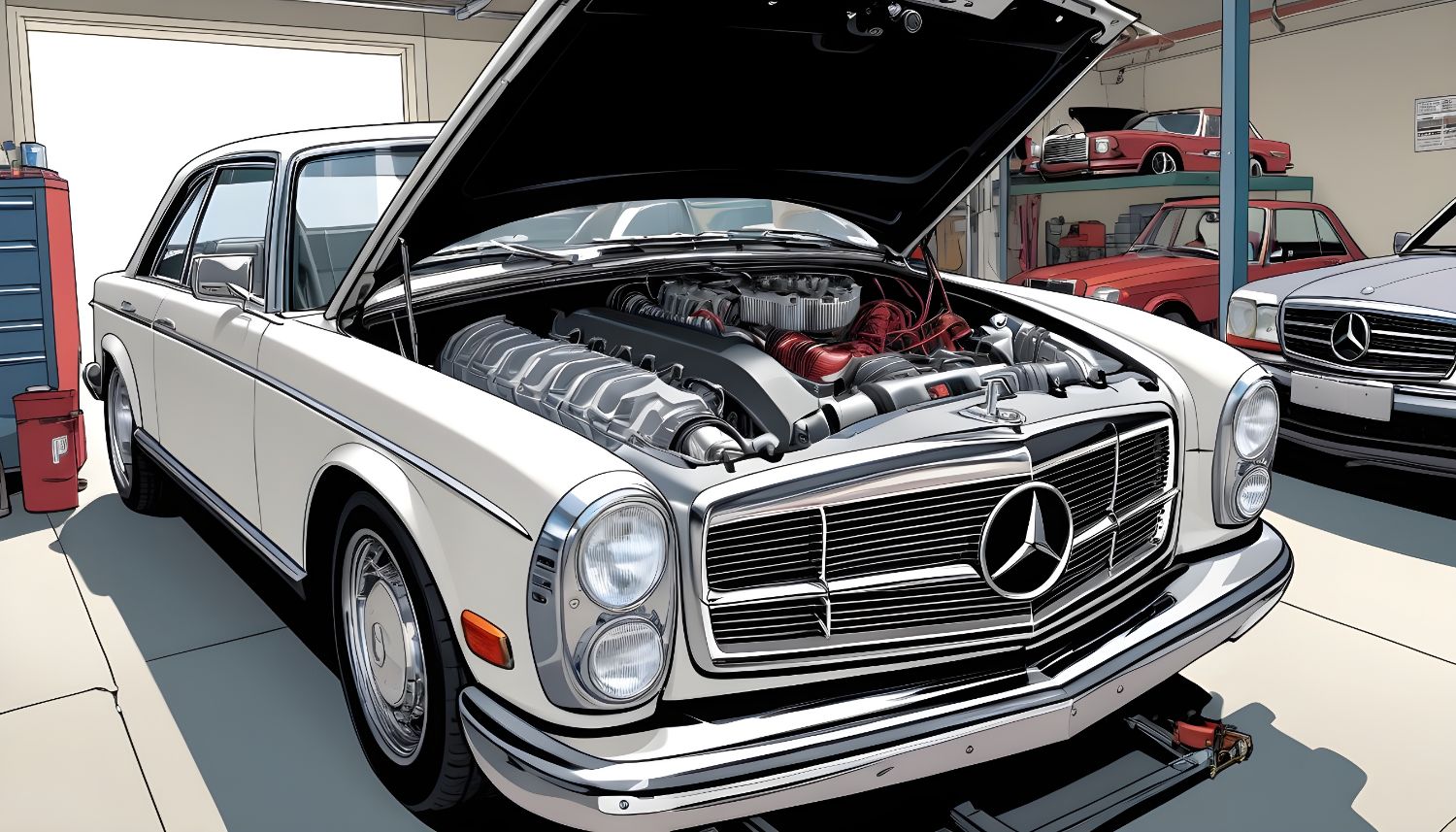
When it comes to keeping your car running smoothly, regular servicing is key. Just like how our bodies need check-ups to stay healthy, cars require maintenance to ensure they perform at their best. But what exactly should you be keeping an eye on?
Introduction: The Importance of Regular Servicing
Before we dive into the specifics, let’s take a moment to understand why regular servicing is crucial for your car’s longevity and performance. Think of it as preventive healthcare for your vehicle. By addressing small issues before they escalate into major problems, you can save yourself time, money, and headaches down the road. Plus, a well-maintained car is safer to drive and more fuel-efficient, benefiting both you and the environment.
Why Regular Servicing Matters:
- Prevents costly repairs
- Ensures safety on the road
- Improves fuel efficiency
- Extends the lifespan of your vehicle
Essential Components That Require Regular Servicing
1. Engine:
The heart of your car, the engine, requires regular attention to keep it running smoothly. When you schedule an appointment with a European car service, mechanics will check vital components such as oil levels, filters, and spark plugs. They’ll also inspect for any signs of wear and tear that could indicate underlying issues.
2. Braking System:
Your brakes are essential for safe driving, so it’s crucial to have them inspected regularly. This includes checking brake pads, rotors, brake fluid, and brake lines for any signs of damage or deterioration. Ignoring brake issues can compromise your safety on the road.
3. Suspension and Steering:
A smooth ride depends on a well-maintained suspension and steering system. During a service, mechanics will inspect components such as shocks, struts, tie rods, and ball joints for signs of wear or damage. Proper alignment and suspension tuning can also improve handling and tyre wear.
4. Transmission:
Whether manual or automatic, your car’s transmission needs regular servicing to ensure smooth gear changes and optimal performance. Mechanics will check transmission fluid levels and condition, as well as inspecting for leaks or unusual noises that could indicate problems.
5. Cooling System:
To prevent your engine from overheating, it’s essential to keep your car’s cooling system in good condition. During a service, mechanics will check coolant levels, hoses, radiator, and water pump for any signs of leaks or blockages that could lead to overheating.
Systems That Require Regular Servicing
1. Electrical System:
From your car’s battery to its intricate wiring, the electrical system plays a vital role in powering various components and accessories. During a service, mechanics will test the battery, inspect wiring for damage, and check electrical components such as lights, sensors, and switches.
2. Fuel System:
A clean and efficient fuel system is essential for optimal engine performance and fuel economy. Mechanics will inspect fuel filters, fuel injectors, and the fuel pump for any signs of clogging or malfunction. Regular servicing can help prevent issues such as rough idling, poor acceleration, and reduced fuel efficiency.
3. Exhaust System:
Your car’s exhaust system not only reduces harmful emissions but also helps muffle engine noise. During a service, mechanics will inspect the exhaust manifold, catalytic converter, muffler, and exhaust pipes for leaks, corrosion, or damage. Addressing exhaust issues promptly can improve fuel efficiency and reduce environmental impact.
DIY Maintenance Tips
While professional servicing is essential for keeping your car in top condition, there are also some maintenance tasks you can perform yourself between visits to the mechanic. Here are a few DIY tips to help keep your car running smoothly:
1. Check Fluid Levels:
Regularly inspect and top up essential fluids such as engine oil, coolant, brake fluid, and windshield washer fluid.
2. Monitor Tyre Pressure:
Maintain proper tyre pressure to improve fuel efficiency, tyre longevity, and safety. Use a tyre pressure gauge to check pressure levels regularly.
3. Replace Air Filters:
Dirty air filters can restrict airflow to the engine, affecting performance and fuel efficiency. Replace air filters according to your car manufacturer’s recommendations.
4. Clean Battery Terminals:
Corrosion on battery terminals can hinder electrical conductivity and lead to starting issues. Clean terminals with a wire brush and apply battery terminal grease to prevent corrosion.
5. Inspect Belts and Hoses:
Check belts and hoses for signs of wear, cracking, or leaks. Replace any damaged components to prevent breakdowns or engine damage.
Investing in Your Car’s Future
Whether it’s scheduling routine maintenance with a trusted mechanic or performing DIY tasks at home, investing in your car’s future is an investment in your own safety and peace of mind on the road. So, next time your car is due for a service, don’t delay – give it the care and attention it deserves for years of reliable performance ahead.




